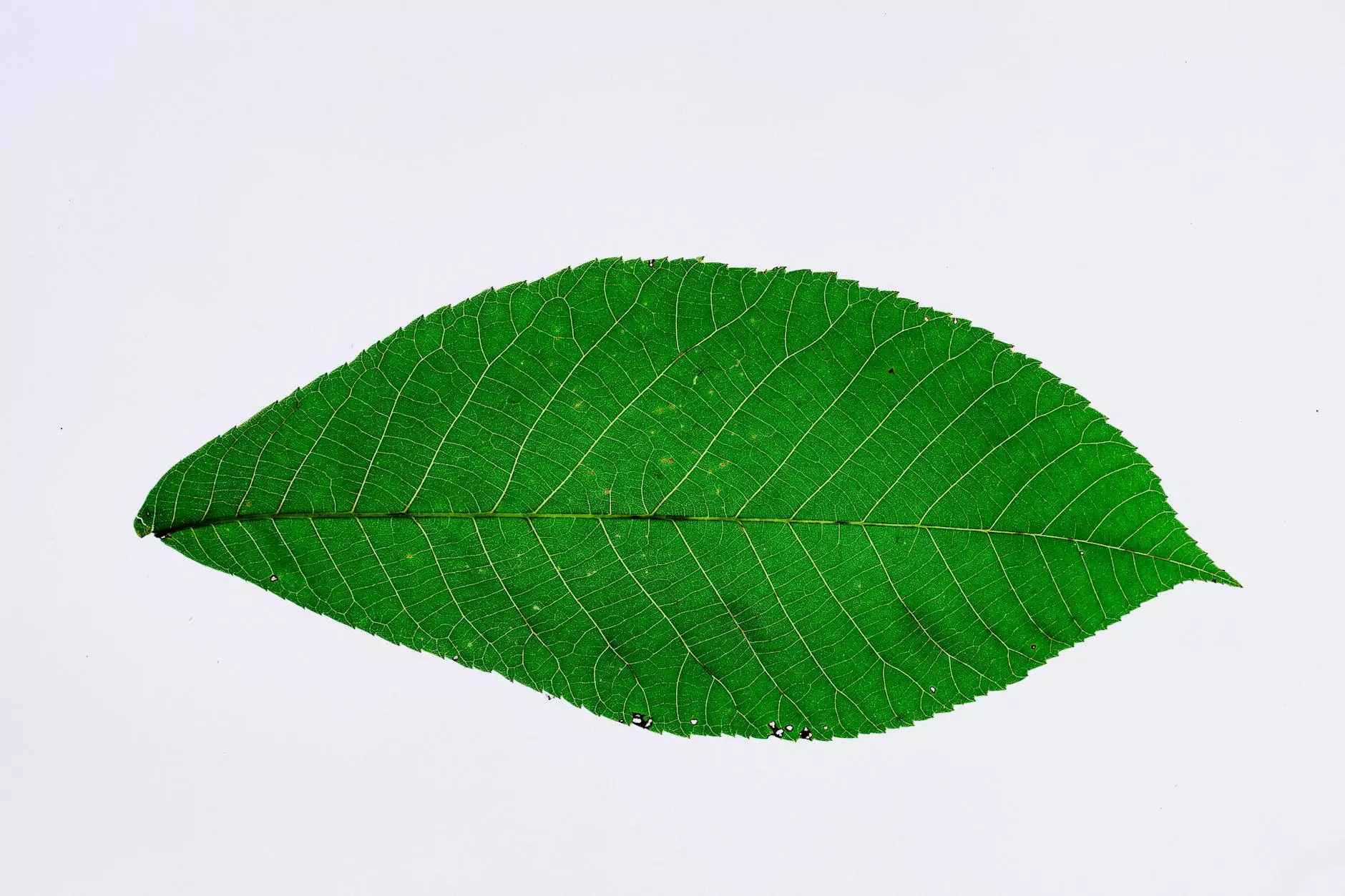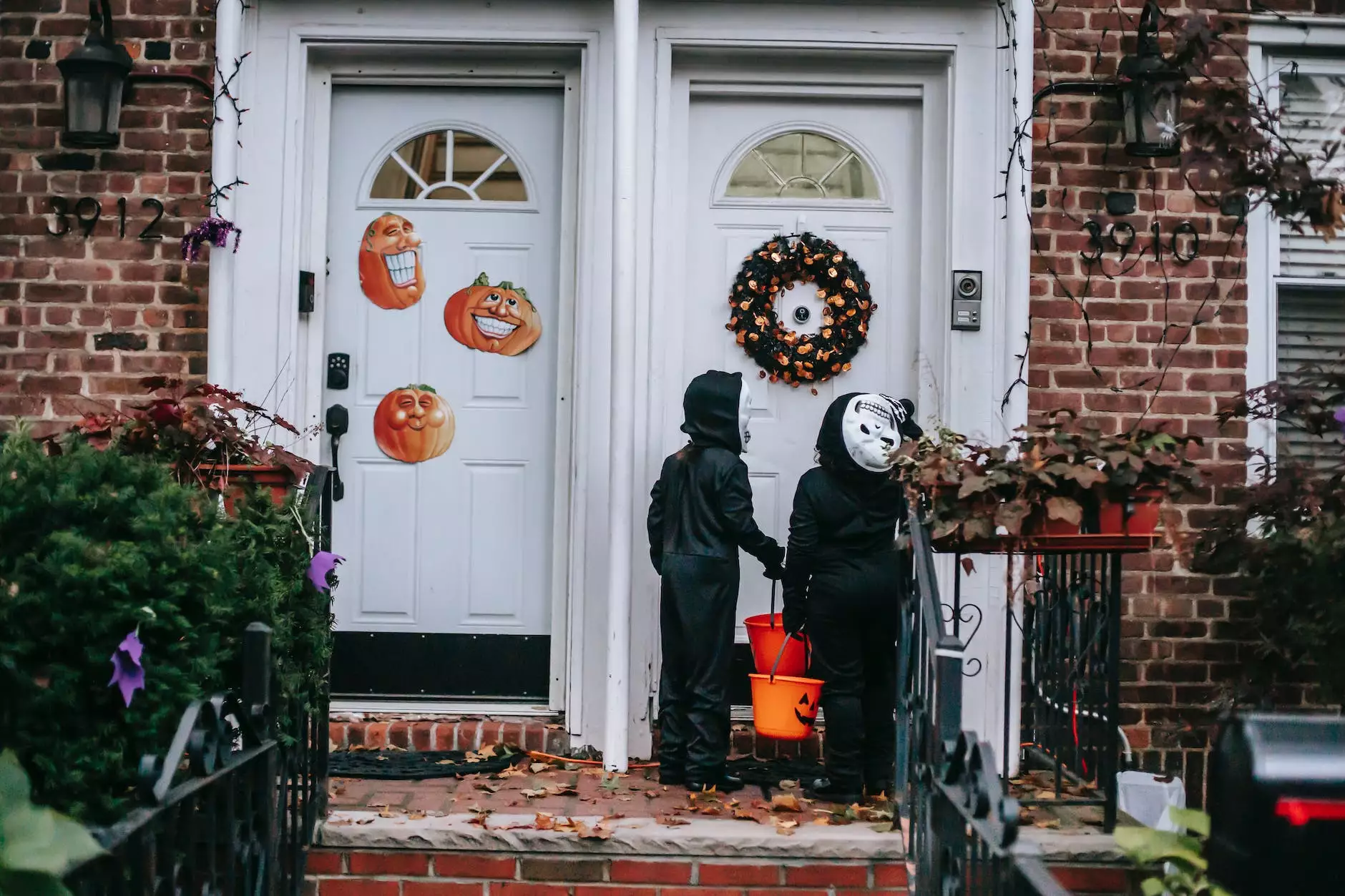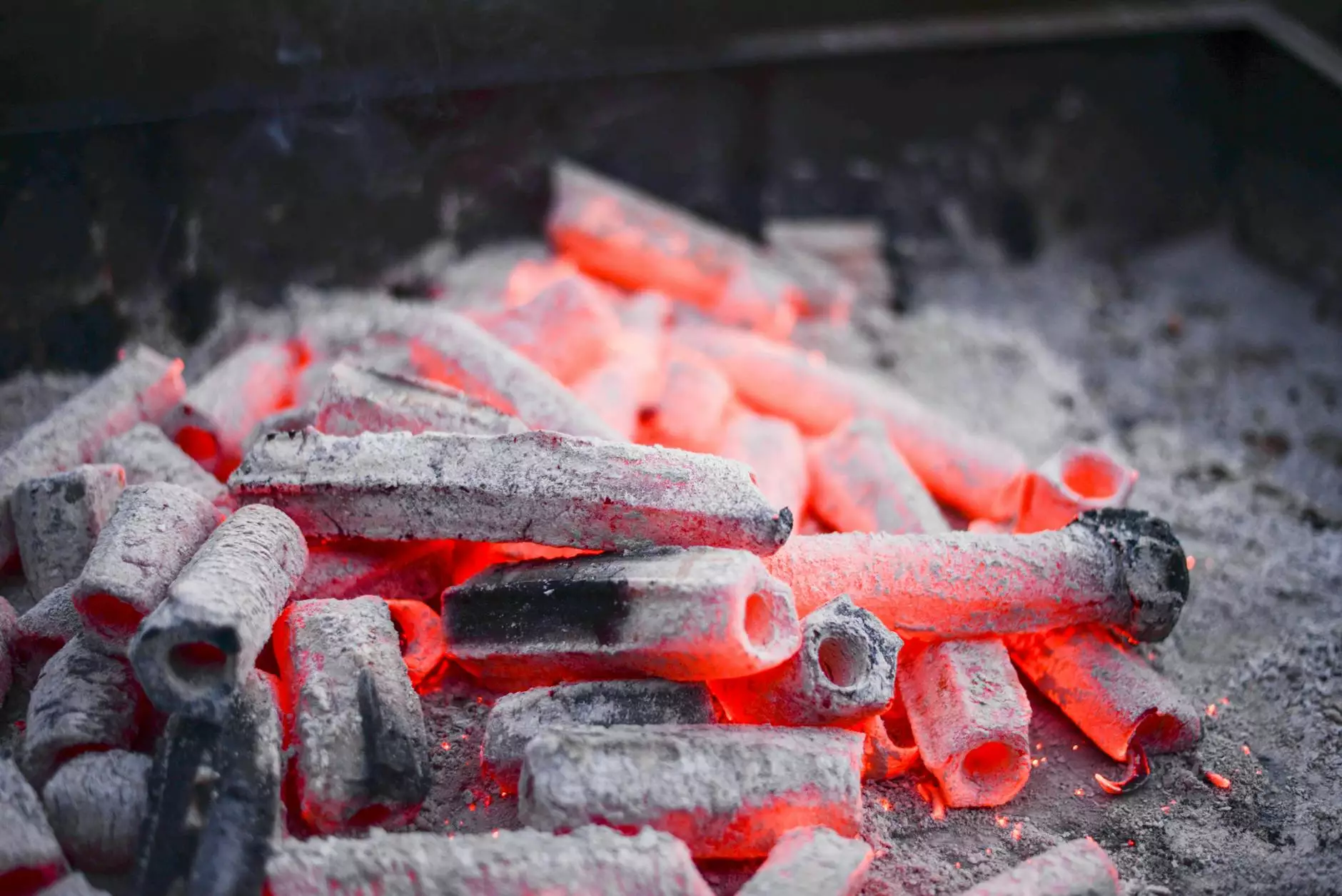Eco-Friendly Ways To Deal With Fall Leaves In Your Backyard

Introduction
Welcome to Florida Potting Soil Wood Products Div's comprehensive guide on eco-friendly ways to deal with fall leaves in your backyard. As the seasons change, and leaves start to fall, it's crucial to address the leaf buildup properly to maintain a healthy garden. In this guide, you'll discover sustainable tips and products that will help you keep your backyard clean and your soil nutrient-rich.
The Importance of Dealing with Fall Leaves
While fall leaves may create a picturesque landscape, they can cause potential issues if not dealt with properly. A thick layer of decaying leaves can suffocate the grass, prevent sunlight from reaching plants, and create a breeding ground for pests and diseases. By taking eco-friendly measures to manage fall leaves, you can improve soil health, protect your yard, and reduce your environmental footprint.
1. Composting
Composting is an excellent way to turn fall leaves into nutrient-rich organic matter for your garden. By creating a compost pile or using a compost bin, you can recycle fallen leaves and other organic waste. Layering the leaves with grass clippings, kitchen scraps, and other green waste will help speed up the decomposition process. Over time, you'll obtain rich compost that can be used to nourish your plants and improve soil quality.
2. Mulching
Mulching is an essential technique used to protect plants and soil from the cold winter temperatures. Instead of raking all the leaves, consider using a mulching mower to shred them into smaller pieces. These leaf fragments can then be spread around the garden beds as a natural mulch layer, which helps retain moisture, suppress weeds, and enhance soil health. Remember to avoid piling the mulch against the trunk or stems of plants to prevent rot or other diseases.
3. Leaf Mold
Leaf mold is a dark, crumbly substance that results from the natural decomposition of fallen leaves. It acts as an excellent soil conditioner that improves aeration and water retention. Collect fallen leaves in a wire bin or container and allow them to break down over time. The process may take several months, but the end result will be a valuable organic material that can be mixed into the soil or used as a top dressing to enhance its structure.
4. Leaf Cleanup
If you prefer a tidy yard without a visible layer of leaves, there are eco-friendly ways to clean them up. Instead of using a gas-powered leaf blower, opt for a rake or a broom made from sustainable materials. By manually collecting the leaves, you can enjoy the exercise, and it's an opportunity to inspect your garden for any pest or disease issues. Consider using biodegradable bags or reusable garden containers to dispose of the collected leaves responsibly.
5. Leaf Recycling Programs
Many municipalities offer leaf recycling programs that collect fallen leaves and turn them into compost or mulch for public use. Check with your local government or waste management department to see if such programs are available in your area. Participating in these programs not only helps you responsibly dispose of fall leaves but also supports your community's sustainability efforts.
Conclusion
In conclusion, dealing with fall leaves in an eco-friendly way is essential to maintain a healthy and thriving backyard ecosystem. Whether it's through composting, mulching, creating leaf mold, or participating in leaf recycling programs, there are plenty of sustainable options available. Florida Potting Soil Wood Products Div encourages you to embrace these eco-friendly practices and invest in high-quality products that make the leaf management process more efficient. By doing so, you'll not only protect your garden but also contribute to a greener and more sustainable environment.










